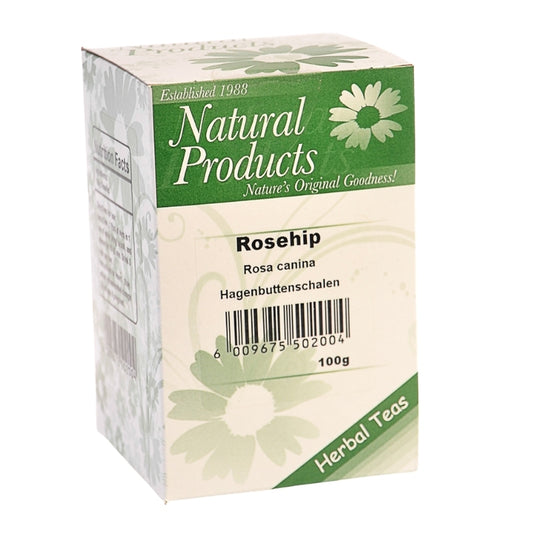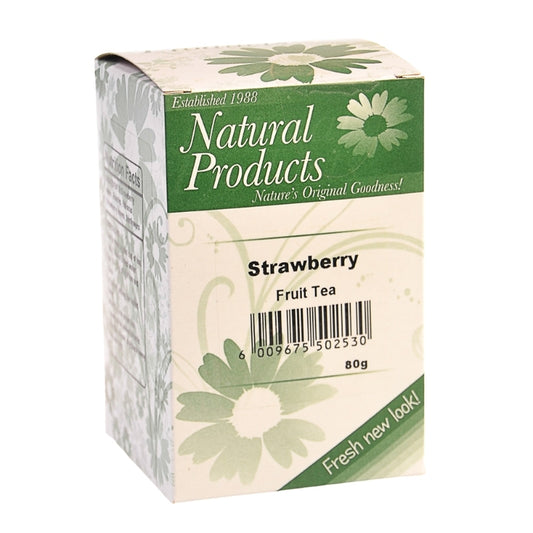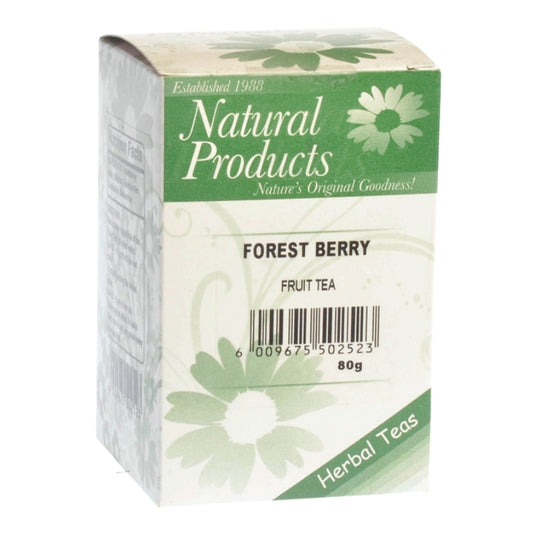
Stevia – A Sweet Deal for Diabetics and Formulators Alike
Aiden van WykOne day when I die, tattooed behind my eyelids you will find the phrase: "If the taste is what you desire, then you MUST kill it with fire." but is that about to change?
Look, I haven't been alive that long, but even me in my youth, I heard the begrudged moans of my aunts and uncles - "No, I don't do sugar in my tea anymore", "I need to watch my sugar levels"
In spite of this I do believe that health does not have to be chugged down with your nose pinched - introducing your new best friend, Stevia :)
What is Stevia?
Stevia (Stevia rebaudiana) is a natural, calorie-free sweetener derived from the leaves of the stevia plant. It was used for centuries, originating from South America, and is now known for being Low GI and it's deeply sweet.
Stevia's intense sweetness comes from compounds called steviol glycosides. These are naturally present in the leaves of the Stevia rebaudiana plant providing about 200-350 times sweeter than sugar.
What Does Stevia Actually Taste Like?
I will say that because it is so much sweeter than normal sugar - Stevia itself is not particularly drank on its own. When I drank Stevia Tea Neat - it was so sweet that it shook my world. Even just chewing the herb itself was very, VERY sweet (but my Kid Niece and Diabetic Dad loved it yet simultaneously was bamboozled).
It does have a different flavour profile, so if you do find yourself using Stevia - expecting the pure sugar flavour is setting yourself up for disappointment. Once you do adjust to the Stevia flavor and figure out your prefect ratio of Stevia to Tea, I promise that you will never look back and find a new love of Stevia.
Are Stevia Leaves Bad or Unsafe for You in Any Way?
Stevia Leaves themselves are generally considered safe for consumption when done so in moderation. There is still some ongoing debate about the safety of consuming large amounts of raw stevia leaves; as research on the long-term effects of high consumption remains limited.
So please don't eat HUMONGOUS AMOUNTS of raw stevia leaves.
Is Stevia Different to Xylitol?
Yes, Stevia and Xylitol are very different in that they are extracted from different sources, and therefore have differing qualities.
- Stevia is a natural sweetener derived from the leaves of the Stevia rebaudiana plant. It contains steviol glycosides that are responsible for its sweetness. Stevia is non-caloric and doesn't spike blood sugar.
- Xylitol is a sugar alcohol derived from fruits and vegetables. It has about 2.4 calories per gram (compared to sugar's 4 calories per gram) and also has a minimal impact on blood sugar levels. Xylitol can however cause digestive issues in some people, especially in large amounts, and is toxic to dogs.
What about Isomalt?
- Isomalt is a sugar substitute derived from beet sugar, with about 2 calories per gram and a lower impact on blood sugar levels. It's heat-stable (won't caramelize), water-soluble, and commonly used in candy and sugar-free products. Isomalt is also used in confectionery due to its ability to retain a glossy appearance when heated and molded. While gentle on teeth, excessive consumption may cause digestive discomfort.
Does Stevia Break Ketosis?
No, Stevia does not break Ketosis. That means while fasting, if you made your black tea or coffee, adding Stevia to sweeten it would be a-okay. This is why it's a popular sweetener in the Keto community - it has no carbs, no calories and does not spike your blood sugar level.
What Are the Benefits of Stevia?
Stevia brings more to the table than meets the eye, quickly becoming an irreplaceable tool for formulators.
Health Benefits of Stevia
- Zero-Calorie Sweetener: Stevia offers an excellent sugar alternative for people trying to reduce caloric intake. Unlike sugar, it does not raise blood glucose levels.
- Antioxidant Properties: Stevia contains polyphenols and flavonoids. These compounds can help neutralise harmful free radicals, reducing oxidative stress and lowering the risk of chronic diseases.
- Blood Pressure Regulation: Some preliminary research suggests that stevia can support healthy blood pressure levels. Compounds in the plant, such as stevioside, have been shown to help relax blood vessels and increase diuresis, promoting better cardiovascular health.
- Dental Health: Unlike sugar, which feeds harmful bacteria in the mouth, stevia doesn't contribute to tooth decay or cavities.
- Supports Weight Management: Since stevia is non-caloric, it can help reduce overall caloric intake when used as a substitute for sugar, making it beneficial for those aiming to manage their weight.
Skincare and Haircare Benefits of Stevia
- Moisturizing and Soothing: Stevia has humectant properties and has been found to help maintain the skin's natural moisture barrier, making it a potential addition to skincare formulations for hydrating and soothing irritated skin.
- Anti-Aging Properties: The antioxidant properties of stevia help combat the signs of aging by neutralising free radicals, which can lead to premature wrinkles and fine lines. When applied topically, it may also encourage healthier, more resilient skin.
- Balancing Sebum Production: Evidence suggests that stevia may help balance oil production in the skin, making it a useful ingredient for individuals with oily or acne-prone skin. It's worth bearing in mind however that most of this evidence is anecdotal at the moment and requires further research to fully confirm.
- Promotes Scalp Health: When applied to the scalp, stevia may help reduce dandruff and dryness. It can also soothe inflammation, potentially making it a beneficial addition to hair masks or conditioners for people with sensitive scalps.
How To Use Stevia?
Stevia for Sweetness
You can use Stevia in your low-calorie smoothies, in your baking, in a sugar-free syrup for French Toast, anywhere in your life where you feel like life is missing some sweetness.
Stevia For Skincare
Stevia is not only a great humectant but typically is non-irritating and excellent for those with delicate skin.
For maximum effect, consider using Stevia in leave-on formulations like serums, moisturisers, or overnight masks. While the exact absorption rate of Stevia is not really well established, active skincare ingredients generally perform better when given adequate time to interact with the skin. That being said, rinse-off masks and things the like may still offer benefits.
How To Extract Stevia
How you extract stevia depends on your personal preference.
An option I love is Alcohol Extracts because of its potency - with extreme potency one can just water it down or use it in small amounts like one does with Vanilla Extracts. But some people prefer to avoid alcohol. In these cases a water based extract (i.e. tea) is still highly functional, just less potent, with a shorter shelf life and in need of preservatives if you'd like to keep them (that being Potassium Sorbate and Sodium Benzoate).
Remember: Preservatives are usually 1% of your formulation
How To Reduce the Alcohol Taste in Extracts:
Use High-Proof Alcohol
Using a neutral, high-proof alcohol like vodka will help reduce any strong alcohol flavour. Vodka is a common choice because it has little to no taste, allowing the sweetness of the stevia to stand out.
Evaporate the Alcohol
If you don't want any alcohol taste at all, after straining the stevia leaves, gently heat the extract over low heat (without boiling) for about 20-30 minutes. This will cause most of the alcohol to evaporate, leaving behind a concentrated, sweet liquid without the alcohol taste.
Dilute in Recipes
When using the stevia extract in recipes, the small amount added usually won't carry much of an alcohol taste, as it gets diluted.
A great option available to reduce all the alcohol away is to make a fake stevia sugar.
How To Make a Stevia Sugar
Materials Needed:
- Dried Stevia Leaves
- High-proof alcohol (vodka or grain alcohol)
- Jar
- Strainer or cheesecloth
- Shallow dish
- Blender, spice grinder, or mortar and pestle
- opt. Parchment Paper
Steps:
1. Alcohol Extraction:- Place the stevia leaves in a jar and cover them with high-proof alcohol (just enough to cover the leaves).
- Seal the jar and let the leaves steep for at least 24-48 hours, shaking occasionally.
- After steeping, strain the mixture using a fine strainer or cheesecloth to remove the leaves.
- Pour the liquid into a shallow dish and allow the alcohol to evaporate at room temperature or with gentle heat (avoid boiling).
- This may take a few hours to a day depending on the method used.
- Once the liquid has mostly evaporated and you're left with a concentrated, sticky substance, spread it onto a parchment paper or glass dish and allow it to fully dry.
- Once completely dry, scrape the dried stevia concentrate off the surface.
- Grind the dried concentrate into a fine powder using a blender, spice grinder, or mortar and pestle.
- Store the powder in an airtight container, away from moisture and light.
Note:
Alcohol is highly flammable -
If you are introducing heat to accelerate the evaporation, remain vigilant and prioritize your safety over speed. You could wait 3 days for your alcohol extract, that's frustrating. But if you burnt your eyebrows away, you'll be waiting a lot longer than 3 days for them to grow back. Trust me, it happened to my brother when we were young.
Home Extraction Potency -
Home Extractions may not produce a standardized extract like store bought extracts. Potency may vary, depending on countless factors; from the type of leaves you used to the temperature when you dehydrated your extract.
A Safer Alternative -
Using a Water Extract at this stage is still a valid option, it will just be less potent and take longer to evaporate. This is a safer alternative in terms of alcohol being a fire hazard and requiring proper ventilation.




























